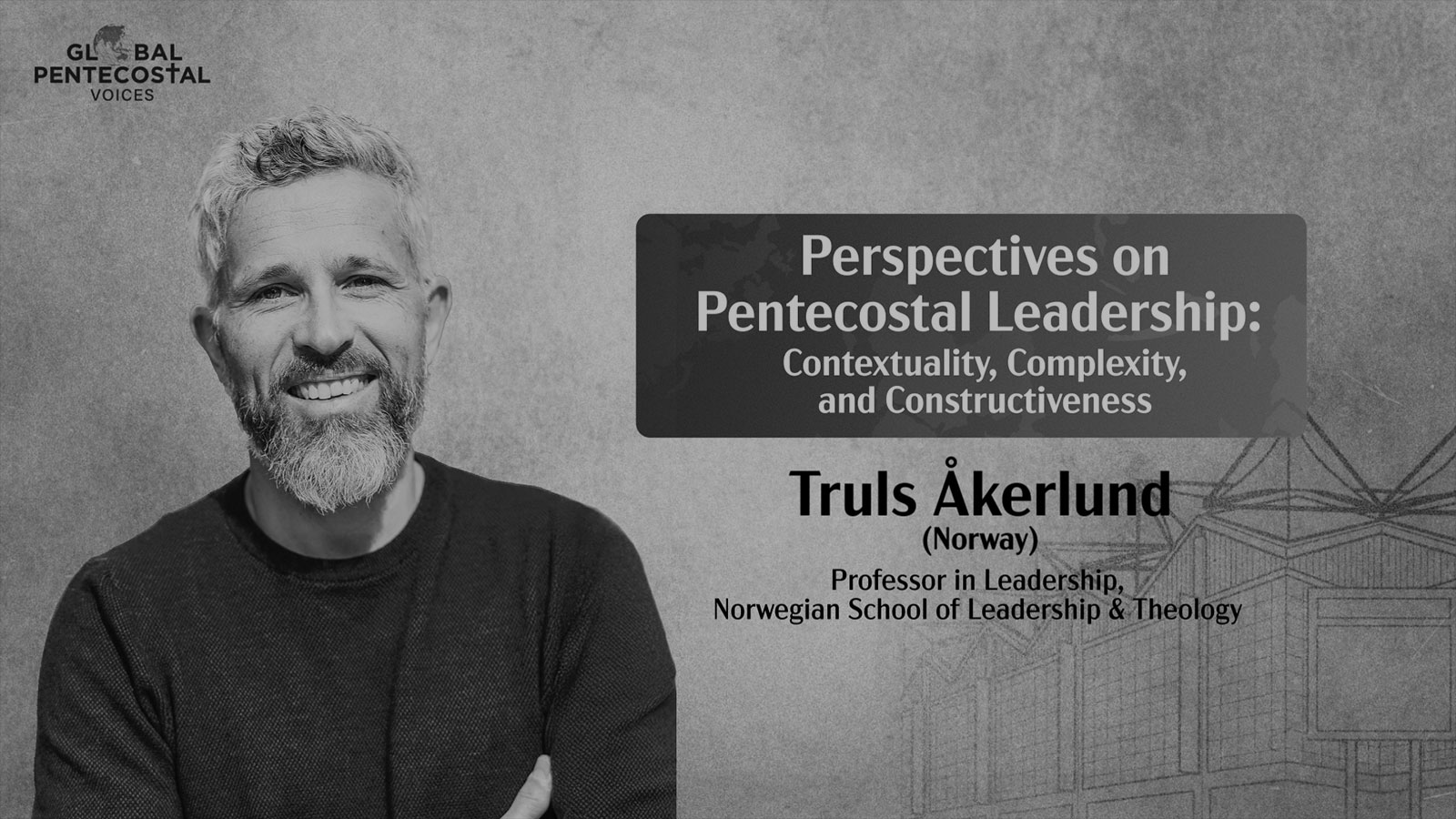Heidi A. Campbell is professor of communication and Presidential Impact Fellow at Texas A&M University, where she is also an affiliate faculty member in religious studies. She holds a PhD from the University of Edinburgh and is a pioneering scholar in digital religion studies.
Dr Heidi directs the Network for New Media, Religion and Digital Culture Studies and her research focuses on the social shaping of technologies and how religious groups negotiate the use of new technologies. She co-edits both the Routledge Religion and Digital Culture book series and the Journal of Religion, Media & Digital Culture. Her research explores how Jewish, Muslim, and Christian communities engage with new media. She has published 11 books and over 100 academic articles, including When Religion Meets New Media (2010), Digital Religion (2013, 2nd ed. 2021) as well as Digital Creatives and Rethinking Religious Authority (2021).
A widely recognised expert, she has advised international research projects and served as president of the International Society for Media, Religion & Culture (2021–2023). Her work has been featured in The Guardian, Wall Street Journal, and BBC World Service.

Leadership is a complex phenomenon that cannot be easily defined as a single concept. Still, it is often understood as a set of social processes that influence people towards common goals—an approach that I will follow in this study. Drawing from general leadership theory and research on Pentecostal leadership, I will emphasise the interaction between leaders, followers, and the spiritual dimension, leading to a constructivist perspective on leader-follower relationships. The article will first address leadership in various settings, emphasising the need to contextualise leadership in different cultures, but also keeping an analytical distance to avoid dominating discourses that break with Christian perspectives. Second, I will discuss the complexity in Pentecostal leadership, especially the collaboration between divine and human interventions, the dialectic connection between agency and structure, and the ambivalence and tension between leaders and followers in ecclesial settings. Finally, I will highlight the constructive relations between leaders and followers. While leaders hold a formal position, leadership is also a social phenomenon effective only if it makes sense to church members, implying that the leader’s task is not to create everything from scratch but to build relationships and draw from the resources and spirituality present within the congregation.